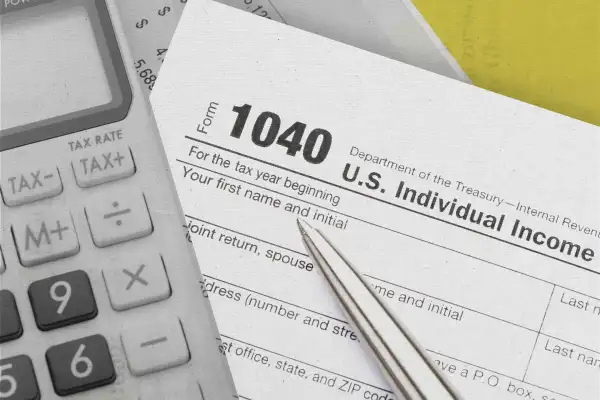2023 Tax Brackets: You Might Owe the IRS Less Next Year Thanks to Inflation

The IRS is significantly increasing the thresholds for income tax brackets in 2023 to adjust for the record-breaking inflation the U.S. has experienced lately. And that means if your wages haven't kept up with skyrocketing prices, you may be taxed at a lower rate.
The changes, unveiled Tuesday, apply to 2023 earnings, so they affect the tax returns most Americans will file in the spring of 2024. You'll start to see the reduced tax withholding from your paychecks beginning in January.
In a sense, this is business as usual. Every fall, the IRS announces inflation adjustments to tax brackets, standard deductions and dozens of other tax provisions based on formulas set by Congress. But this year and last year's increases were unusually large because inflation — which hit 8.2% in September — has been so high.
The standard deduction is growing, too, jumping by about 7% for 2023.
New tax brackets for 2023
Federal income taxes in the U.S. are based on a graduated-rate structure, which means taxpayers pay higher rates on income earned beyond certain thresholds. There are seven rates, which will remain unchanged from 2022 to 2023.
It's the tax brackets — the actual income thresholds that determine those tax rates — that are rising. In 2023, the lowest income tax rate of 10% will apply to the first $11,000 a single-filing individual earns. This is up from a $10,275 cutoff in 2022.
The top-earning single filers will pay the highest rate of 37% on incomes over $578,125 in 2023. That threshold is increasing by more than $38,000 from this year's $539,900.
Here are the tax brackets for single filers in 2023:
- 10%: $0 to $11,000
- 12%: $11,000 to $44,725
- 22%: $44,725 to $95,375
- 24%: $95,375 to $182,100
- 32%: $182,100 to $231,250
- 35%: $231,250 to $578,125
- 37%: $578,125 and up
What is the standard deduction for 2023?
For single filers, the 2023 standard deduction will be $13,850, an increase of $900 from 2022. It's an even larger jump than the $400 increase the agency announced last year.
The standard deduction is a set amount of income that you don’t need to pay federal taxes on. Largely due to the 2017 Tax Cuts and Jobs Act, the vast majority of taxpayers take the standard deduction instead of itemizing their returns.
In 2023, the deduction for married couples filing jointly will rise by $1,800 to $27,700. For heads of households (aka unmarried taxpayers with dependents), it will increase by $1,400 to $20,800.
More details regarding the new inflation adjustments are available on the IRS website.
More from Money:
2022 Tax Brackets: How Record-Breaking Inflation Will Affect Your Taxes
The IRS Wants to Change the Crypto Question on Tax Returns (Again)


